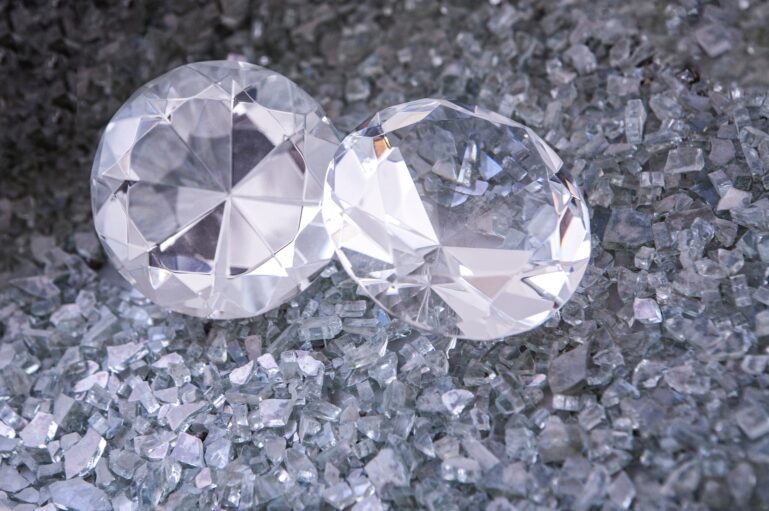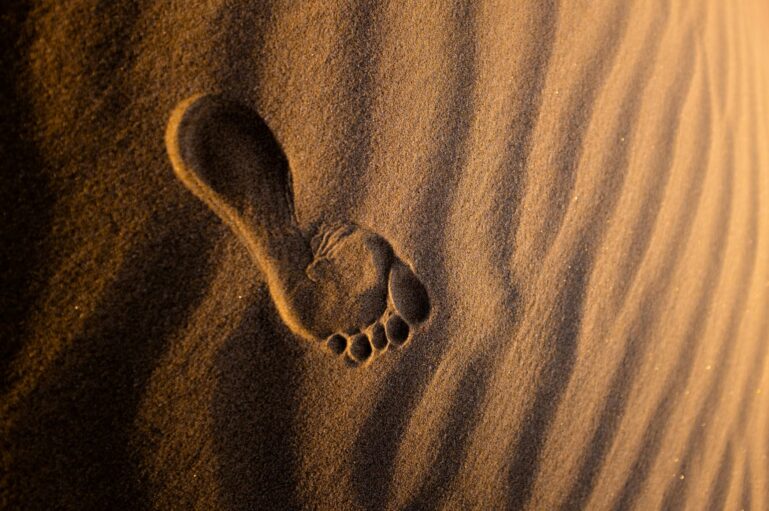“You made them hate me,” said Ender.
“So? What will you do about it? Crawl in a corner? Start kissing their little backsides so they’ll love you again? There’s only one thing that will make them stop hating you. And that’s being so good at what you do that they can’t ignore you. I told them you were the best. Now you damn well better be.” Graff (Orson Scott Card, Ender’s Game)
In Ender’s Game, Andrew “Ender” Wiggin thinks he is playing computer simulated war games; he is, in fact, engaged in something far more desperate. The result of genetic experimentation, Ender may be the military genius Earth desperately needs in a war against an alien enemy seeking to destroy all human life. The only way to find out is to throw Ender into ever harsher training, to chip away and find the diamond inside, or destroy him utterly. Ender Wiggin is six years old when it begins. He will grow up fast.
How have you grown up? Have you discovered the diamond inside – your unique gift or strength which, when offered selflessly, forms part of your contribution? A diamond is a solid form of the element carbon with its atoms arranged in a crystal structure called diamond cubic. Most natural diamonds have ages between 1 billion and 3.5 billion years. Most were formed at depths between 150 and 250 kilometres in the Earth’s mantle, although a few have come from as deep as 800 kilometres. Under high pressure and temperature, carbon-containing fluids dissolved various minerals and replaced them with diamonds. Much more recently (hundreds to tens of million years ago), they were carried to the surface in volcanic eruptions and deposited in igneous rocks known as kimberlites and lamproites. Likewise, your “diamond”, created under pressure, needs to be brought to the surface to enhance your contribution.
We all face a plethora of challenges – our world is struggling with poverty, pandemics, power struggles, climate change, starvation, extremism, and wars. The pressures of life seem endless and many feel that they will be sucked into a vortex of pain and suffering. Some want to end it all. We can, however, make a significant difference through the appropriate use of our giftedness (our diamond).
I love stories and especially mythology. Myths may be seen as a compilation of well-chosen, but contrived, characters weaved into a story to tell of a foundational and even an eternal truth. The phrase “mythic reality” sounds at first like a contradiction of terms – “mythic” meaning by popular belief “not true” and “reality” meaning “true or real”. A myth, broadly speaking, however, is simply a story that points to truth and awakens your inner being to a sense of that truth.
John Eldredge, in his book “Waking the Dead”, points out three commonalities true of all great stories and myths:
- Things are not what they seem – there’s a whole lot going on here than meets the eye
- A battle is under way – there is a great struggle out there and life, itself, may be hanging in the balance
- We have a crucial role to play – even though our life may be seemingly mundane, and we may feel like a “nobody”, we have an extraordinary responsibility to play our part well
The Chronicles of Narnia, Star Wars, The Matrix, Alice in Wonderland, the Wizard of Oz and The Lord of the Rings all have these three elements. Now, although I am fully aware that John Eldredge was using the above commonalities of myths for a more spiritual purpose and application, it struck me nonetheless that the human being seems to be designed to accomplish something, to be part of the realisation of something bigger than oneself, to fulfil some purpose – not to be an “oxygen-thief” and take up space and breath in valuable air and then die.
We have our respective roles to play, even though all is not what it seems (there are hidden motives, political games and covert strategies all around us) and a battle is under way (life is always going to throw curved balls at you, there will be twists and turns during the journey and obstacles in our paths). We have to discover these respective roles – the temptation, when our journey gets tough and obstacles seem insurmountable, is to lose hope and over time be worn down to settle for a numbing mediocrity. Here we regard this “lack of greatness” as normal, and we become a “passenger” rather than make a solid difference within our spheres of influence.
Find your “diamond” and play your role – don’t settle for mediocrity. Use your strengths wisely in the battle. You and others need this uniqueness in the fight against this seemingly formidable foe. Take responsibility and offer your best.
Teddy Roosevelt, former USA President, puts it so well: “It is not the critic who counts, not the man who points out how the strong man stumbles or where the doer of deeds could have done them better. The credit belongs to the man in the arena, whose face is marred by dust and sweat and blood, who strives valiantly… who knows the great enthusiasms, the great devotions, who spends himself in a worthy cause, who at the best knows in the end the triumph of high achievement, and who at the worst, if he fails, at least fails while daring greatly, so that his place shall never be with those cold and timid souls who have never known victory nor defeat.”
Find your diamond inside!










